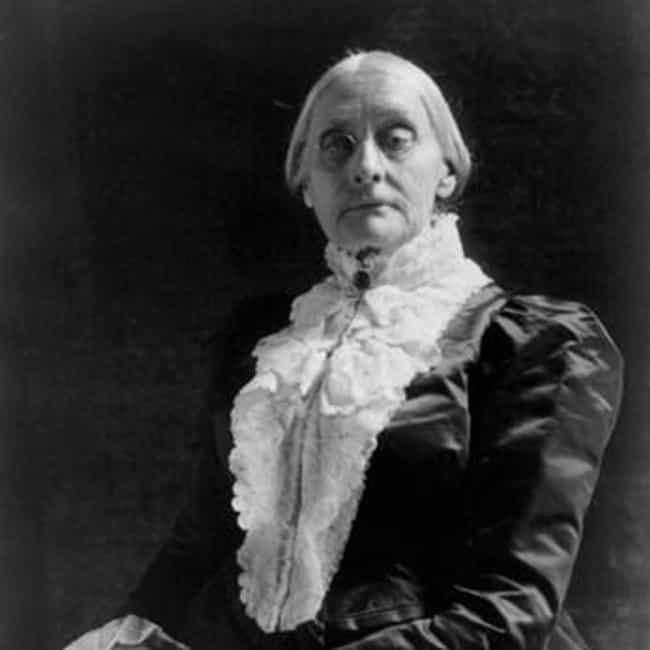Proving Nicod Axiom
Armahedi Mahzar (c) 2018
 |
| Jean Nicod (1893-1924) |
In my last blog, I have proven that all axioms of the propositional calculus
✸1.2. ⊦: p ∨ p .⊃. p principle of tautology
✸1.3. ⊦: q .⊃. p ∨ q principle of addition
✸1.4. ⊦: p ∨ q .⊃. q ∨ p. principle of permutation
✸1.5. ⊦: p ∨ ( q ∨ r ) .⊃. q ∨ ( p ∨ r ) associative principle
✸1.6. ⊦:. q ⊃ r .⊃: p ∨ q .⊃. p ∨ r principle of summation
in Principia Mathematica are the consequences of the primary algebra in the book Laws of form.
However, in his the second edition of Principia Mathematica, Bertrand Russell wrote that his 5 axioms, which used 2 logical operations, can be derived from a single axiom
DDpDqrDDtDttDDsqDDpsDps
discovered by Jean Nicod using single logical operation NAND, where x NAND y is written as Dxy in Polish notation and a single rule of inference. ( see https://projecteuclid.org/download/pdf_1/euclid.ndjfl/1093958259 )
Now, in this letter I will try to show you that Nicod's axiom and rule can also be derived from primary algebra, existentially read.
Nicod system:
Nicod single operation of incomptability x NAND y is symbolized by x|y. However we can rewrite x|y using Brown-Peirce parenthesis [xy]. Using this notation his system can be rewritten as
Axiom: [ [p[qr]] [[t[tt]][ [sq] [[ps][ps]] ]]]
Rule: from p and [p[qr]] we can get q
In the box notation we get

We can prove Nicod axiom and rule can be proven as the consequences of the Brownian Primary algebra using its first axiom (position), first three consequences (reflection, generation and integration):and the fifth consequence (iteration).
Position : [p[p]] =
Reflection : [[p]] = p,
Generation : [pq]q = [p]q and
Integration: [ ]p = [ ]
Iteration p p = p
Nicod Axiom
Nicod Axiom can be proven as a consequence of the primary algebra.:
Proof:

Nicod rule
Nicod used a generalized modus ponens p[p[qr]]->q
as its inference rule. It can be rewritten as [p[p[qr]][q]]
Now it can be proven that is TRUE or equal to VOID
proof:
......

Afternotes
Nicod system, like Principia's true propositions are not equations. But by transforming them into an equations with the right hand side as TRUE or VOID, we can proved them as the consequences of Brownian algebraic primitives using the axiom and known consequences of the primary algebra
Nicod axiom is a very long complex formula. It can be replaced by a short formula of Huntington, called as extension by Spencer-Brown, which is proven by Louis Kauffman as the single axiom for the primary algebra.
If we add equivalence definition and algebraic identity as inference rule, then we can ultimately simplify the primary algebra using position as its single axiom and derive transposition as a consequence.
But, I might be wrong. If you can show mistakes in the proofs above,
Please show me